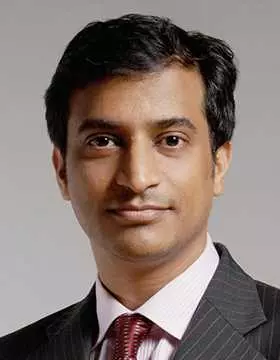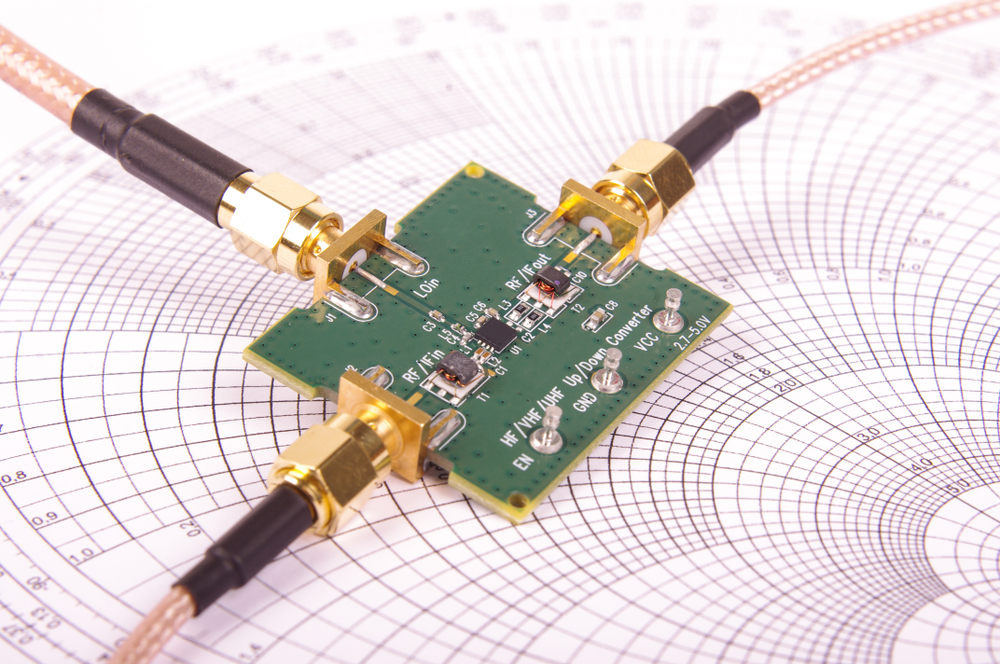
About Course
RF and wireless systems are one of the key enabling technologies for next-generation intelligent transportation systems (ITS), ranging from Vehicle to infrastructure (V2X) communication systems to Advanced Driver Assistance Systems (ADAS) and satellite navigation systems.
The RF/microwave electronics industry is evolving rapidly to meet the requirements of a variety of applications, leading to robust ITS. The electronics industries, as they evolve in this sector while adapting from the previous generation of digital electronics to advanced RF electronics, are having to equip their engineers with fundamental principles of RF and microwave engineering. This intermediate-level course aims to facilitate this transition for practising engineers by exposing them to the concepts in RF engineering essential for the design, fabrication, system integration, and testing of RF systems. The course introduces the fundamentals, enforcing the basic knowledge necessary for understanding operation and design principles in a typical RF system.
Distributed effects in a transmission line and the transition from traditional voltage and current waves to power waves in the form of scattering parameters will be introduced. Techniques for impedance matching and visualising using the Smith chart will be covered. Transmission line types and effects critical for PCB design, especially for high-frequency operation, will be covered. Finally, essential topics on antennas, their radiation characteristics, and related propagation effects will be covered. The course will cover relevant examples using appropriate design and simulation tools, where applicable.
To aid companies in transforming their capabilities through their human capital and support Singapore’s drive towards becoming a Smart Nation, this course is mapped to the Singapore Economic Development Board’s Singapore Smart Industry Readiness Index:
- Dimension 7 – Shop Floor Connectivity
- Dimension 8 – Enterprise Connectivity
- Dimension 9 – Facility Connectivity
Who Should Attend
Learning Outcomes
Introduction
- Frequency spectrum
- Review of complex numbers, units, wave characteristics
Impedance and Transmission Line Theory
- Lumped circuit elements (R, L and C)
- Complex impedance
- Transmission line theory
- VSWR
- Reflection coefficient
- Smith Chart
S-parameters
- Network parameters including impedance
- Admittance
- ABCD and scattering parameters
- Vector network analyzer
- Measurement of S-parameters
Impedance Matching
- LC resonance
- Q matching
- Matching network and smith chart
Transmission Lines
- Coaxial cables
- Microstrip lines
- Striplines
- Multilayered PCB
- Via-hole Effects
Antennas and Propagation
- EM radiation
- Types of antennas
- Antenna design
- Performance parameters and measurements
- Propagation models and path-loss calculations
Antennas – Friis Transmission Equation
SmithChart – Introduction

Teaching Team

Neelakantam V. Venkatarayalu
Associate Professor/ Prog Leader, Engineering, Singapore Institute of Technology
Course Details
Schedule
| Course Run | Dates | Time |
|---|---|---|
| July 2025 Run | 10 – 11 Jul 2025 | 9:00 am – 6:00 pm |
Certificate and Assessment
A Certificate of Attainment will be issued to participants who:
- Attend at least 75% of the course
- Undertake and pass non-credit bearing assessment during the course
Participants who meet the attendance requirement but do not pass the assessment will receive a Certificate of Participation.
Fee Structure
The full fee for this course is S$2,180.00.
| Funding Category | Eligible Funding | Course Fees Payable After Funding |
|---|---|---|
| Singapore Citizen (Below 40) | 70% | S$654.00 |
| Singapore Citizen (40 & Above) Funded under SkillsFuture Mid-Career Enhanced Subsidy (MCES) | 90% | S$254.00 |
| Singapore PR / LTVP+ Holder | 70% | S$654.00 |
| Non-Singapore Citizen | Not Eligible | S$2,180.00 |
Note: All fees above include GST. GST applies to individuals and Singapore-registered companies.
Course Runs
New Engineering Micro-credentials Launching Soon!
Exciting news! We are introducing new micro-credentials in Electrical and Electronic Engineering & Infrastructure and Systems Engineering. Be among the first to know by registering your interest today! Register now →
